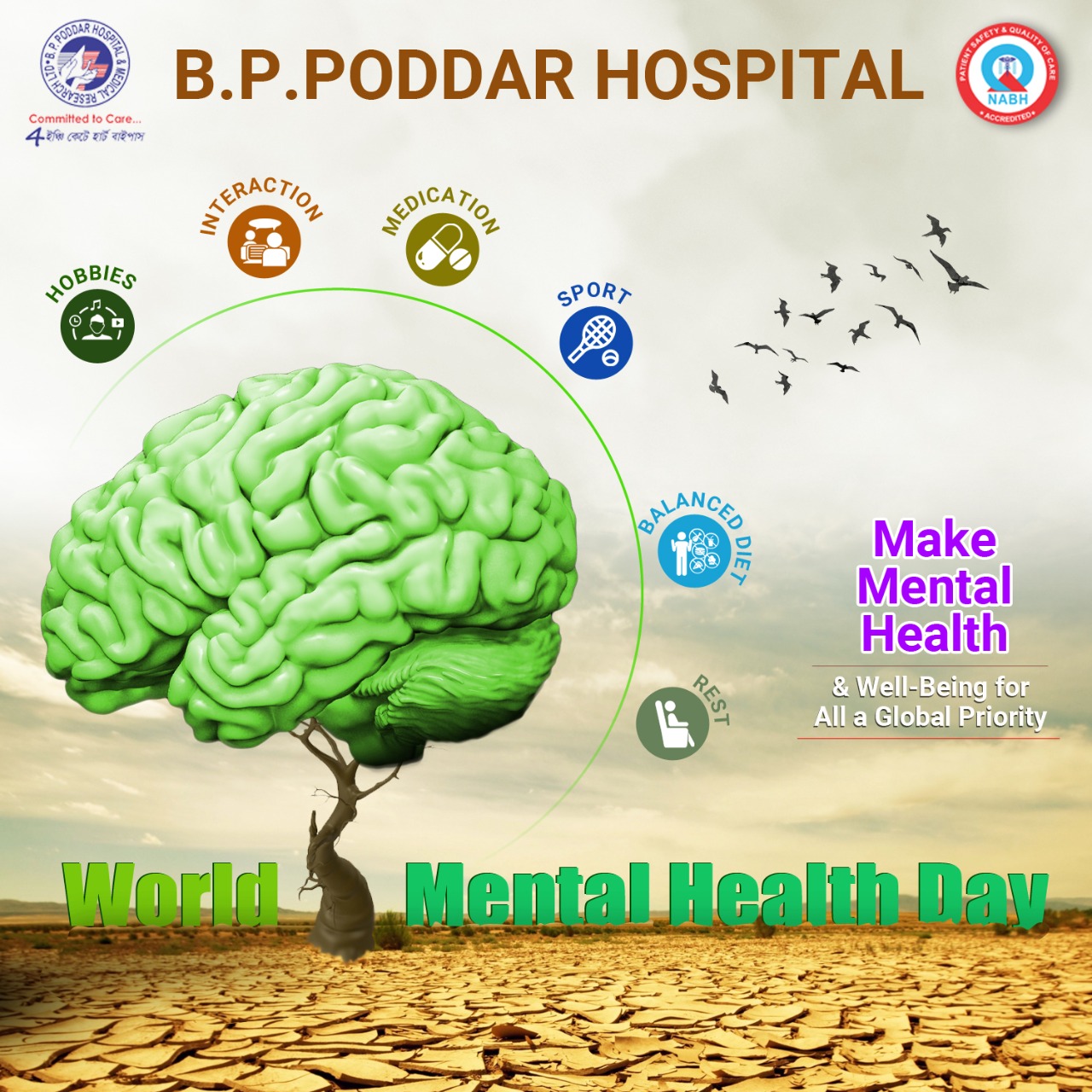
10 October, 2022
On October 10, we celebrate World Mental Health Day to escalate our knowledge of mental health advancements. Our increased self-awareness and sensitivity to it have improved the situation. It is noted that there has never been a more pressing need to reduce the stigma associated with mental illness and to promote its understanding and treatment. The main objective of this day is to raise the awareness about mental health and to raise the support and effort for a better mental health.
This day serves as a reminder that a person is not suffering alone. We tend to believe that we are the only ones going through difficult times and knowing that others have experienced it and come out on the other side is encouraging. We are also reminded that we are capable of overcoming the pain and progress towards the betterment.
Importance
- The stigma associated with mental health concerns can be reduced by normalizing them. Even while this is getting better, many people still feel embarrassed to talk about their feelings or go to therapy. Campaigns like this one can compel people to take good care of their mental health.
- People can be kept safe by raising awareness of the symptoms of mental health problems, can have important conversations with those close to them when they are aware of the warning signals of poor mental health. In this way, it can be understood whether he/she needs expert assistance.
- A greater understanding of mental health concerns also makes persons who experience them feel less isolated. When the reality about their prevalence is revealed then the people feel less alone or less humiliated.
- Encouragement of nations to allot more of their money for mental health resources particularly crucial in low-income nations as very few people in these nations have access to medical care.
Symptoms of mental illness
- Being depressed or sad.
- Unclear thinking or a diminished capacity to focus.
- Anxiety, hallucination, feeling stressed or guilty feeling.
- Extremely high and low mood swings, e.g.; anger.
- Withdrawal from relationships, hobbies and interests.
- Significant exhaustion, low energy, or insomnia.
- Suicidal thoughts or self-harm.
How to overcome?
- By talking and sharing thoughts with a close one- be it a friend, or a family member.
- Remedial counseling with the therapists.
- Self- help groups which are involved in identifying the people suffering from the problems and encourage them to have an activity together in order to overcome the mental illness.
- By reaching out to the affected individual and extend help and medical support.
- Medications as prescribed by the doctor.
